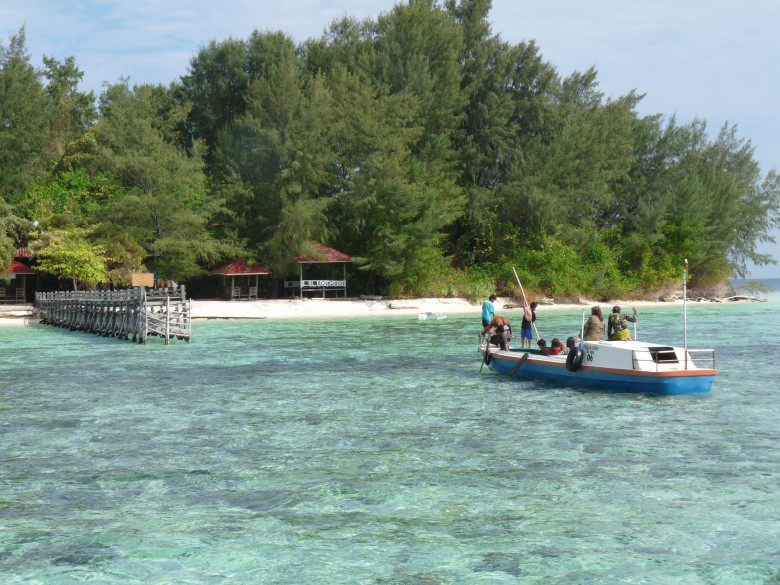
Fishers at Pangkep, Indonesia (photo: Mark Paterson)
CCRES attends PEMSEA blue economy report planning
June 29 2016
by Kubi Follosco
Coasts and oceans are some of the most productive ecosystems on the planet, providing an array of services that directly and indirectly support economic activity and growth. Services (including protection from natural hazards; weather regulation; shoreline stabilisation; carbon sequestration; wild-catch fisheries; energy from wind, waves and offshore oil; sea bound trade; tourism; and many others) provide the foundation for an estimated 3 to 5 trillion dollars of annual global ocean economic activity. In some East Asian countries, the ocean economy can account for 15-20% of total GDP. (ref PEMSEA).
This ‘blue economy’ has emerged as an important approach to driving sustainable development of coasts and oceans.
PEMSEA convened a regional workshop on developing State of the Ocean & Coasts (SOC) reports for its member countries, and the East Asian Seas region as a whole.
It was held in Quezon City, Metro Manila on 31 March – 1 April 2016. The reports will have a blue economy theme, and will highlight the ocean economy, ecosystem services, losses from unsustainable activities, opportunities for innovative and sustainable investments, and supporting governance mechanisms.
The CCRES project, along with representatives from other projects and programs across the region, participated in the discussion to define the scope of the reports. Specifically, the reports will aim to provide information on the status of ocean health and economy, and relevant investment opportunities. Developing the regional and national SOCs is in line with the GEF/ UNDP regional initiative “Scaling up the Implementation of the Sustainable Development Strategy for the Seas of East Asia (SDS-SEA).”
Over the two-day meeting, 19 participants from 15 organisations talked about past and current projects and programs relating to the blue economy, as well as possible sources of information to populate the reports. An updated outline and a list of data sources were produced by the end of the workshop. The projects and institutions represented were also invited to become members of the Technical Working Group.
The workshop provided a valuable opportunity for CCRES to understand where our project may contribute. There is potential for selected resources that will come out of CCRES to be included in a proposed section on innovative tools and knowledge materials.
Inception workshops for each of the member countries to begin work on their SOC reports are planned. The Philippines inception workshop is scheduled for June 2016. The reports are expected to be published and launched at the next East Asian Seas Congress in 2018.
For more information, visit http://www.pemsea.org/our-work/blue-economy
Ms Kubi Follosco, CCRES Country Coordinator for the Philippines based at the University of the Philippines Marine Science Institute, attended the workshop on behalf of CCRES.



